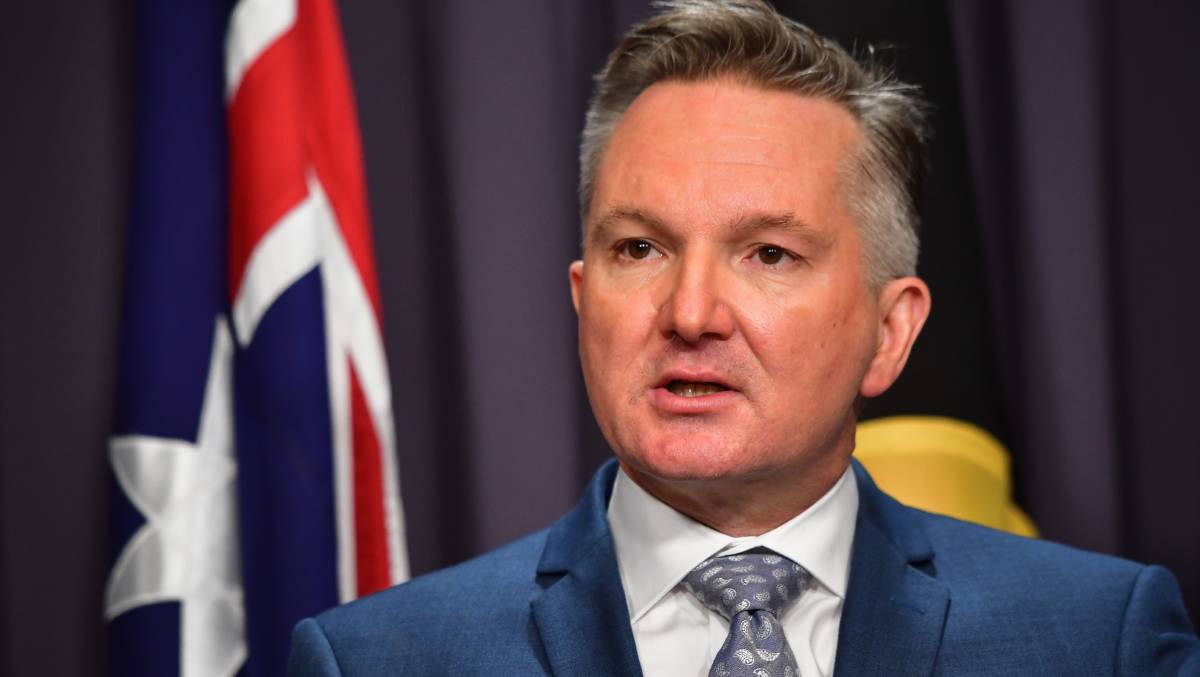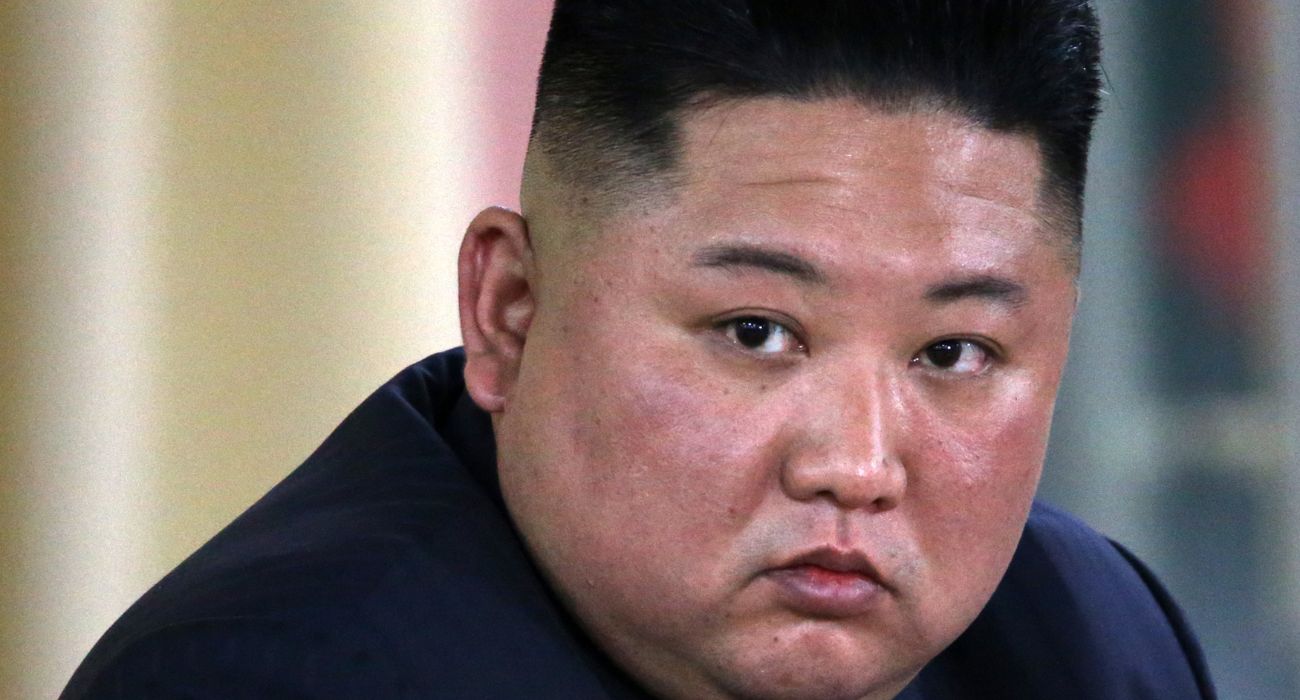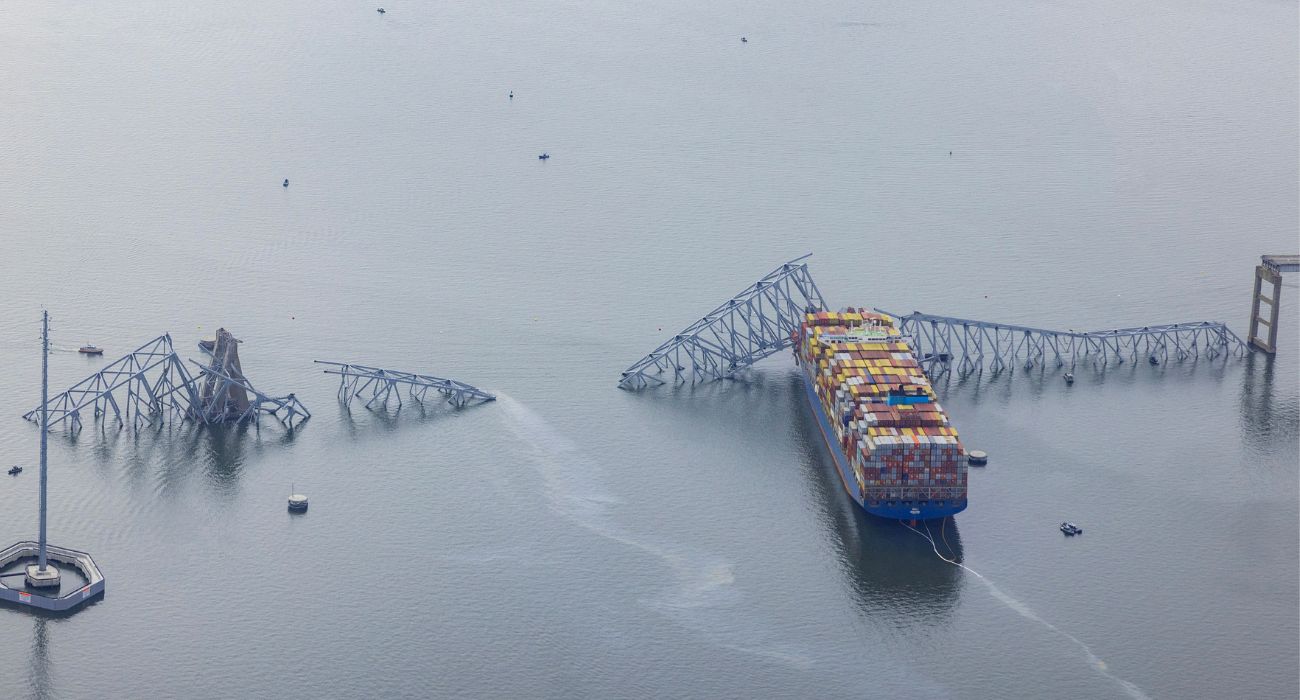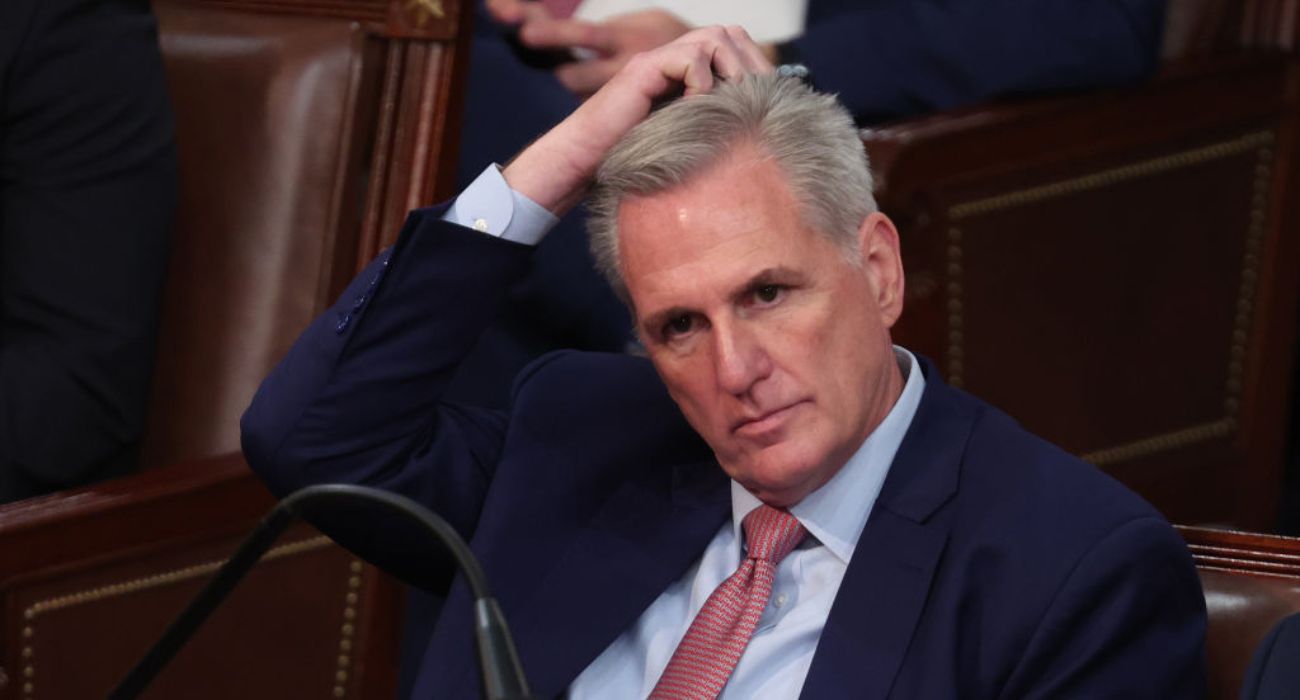The Australian government pled with citizens to conserve energy as the nation reportedly struggles with power outages.
On June 16, Australia’s energy minister, Chris Bowen, spoke in a televised address from Canberra regarding the country’s apparent ongoing energy crisis.
Bowen asked that Sydney and New South Wales residents voluntarily keep their lights and appliances off for two hours each evening to prevent blackouts, The Independent reports.
The minister also emphasized that blackouts can be avoided if measures are taken to prevent spikes in the power grid between the peak hours from 6 p.m. to 8 p.m.
Several of Australia’s coal-powered plants are currently offline. In some cases, this is due to maintenance, but there were also unexpected issues related to those shutdowns. While about 65% of the power in eastern Australia relies on coal, less than three-quarters of that capacity is currently available.
Due to the shortages, the price of electricity has soared. As of June 13, the cost of wholesale electricity exceeded the price caps that the Australian government had set at A$300 per megawatt-hour.
These price caps were blamed for outages that left thousands of homes in Sydney without power.
The Australian Energy Market Operator (AEMO) said price caps have “contributed to forecast supply shortfalls, along with generation units being offline for planned maintenance and repairs.”
When the price of energy rose above A$300, many plants lost money, which forced grid operators to shut down plants. Not only did this reduce the country’s energy capacity, but it also pushed prices even higher.
AEMO CEO Daniel Westerman said, “The situation in recent days has posed challenges to the entire energy industry, and suspending the market would simplify operations during the significant outages across the energy supply chain.”
Coal was not the only issue adding to Australia’s power woes. Due to declining solar output and low wind activity periods, renewable energy sources have not met expectations over the last few weeks. These circumstances put more of the burden on traditional power plants that burn fossil fuels.
Australia is also experiencing its coldest seasonal temperatures in decades, which increases the demand for energy to heat homes.






